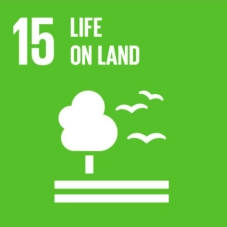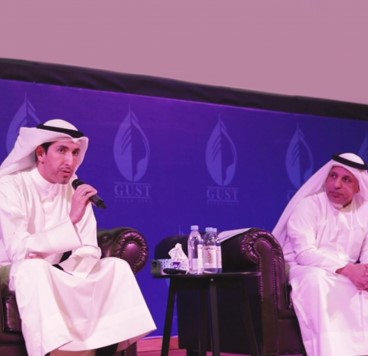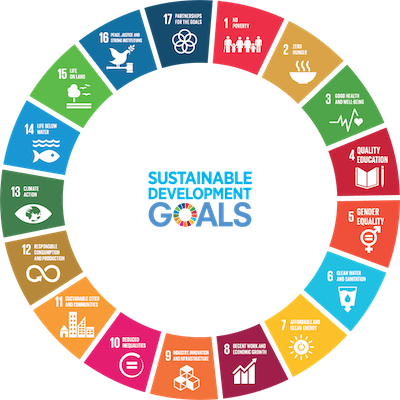SDG15: Life On Land

Global Goal 15 is about "Life on land." One of the 17 Sustainable Development Goals established by the United Nations in 2015, the official wording is: "Protect, restore and promote sustainable use of terrestrial ecosystems, sustainably manage forests, combat desertification, and halt and reverse land degradation and halt biodiversity loss". The Goal has 12 targets to be achieved by 2030. Progress towards targets will be measured by 14 indicators.
The nine "outcome targets" include: Conserve and restore terrestrial and freshwater ecosystems; end deforestation and restore degraded forests; end desertification and restore degraded land; ensure conservation of mountain ecosystems, protect biodiversity and natural habitats; protect access to genetic resources and fair sharing of the benefits; eliminate poaching and trafficking of protected species; prevent invasive alien species on land and in water ecosystems; and integrate ecosystem and biodiversity in governmental planning. The three "means of achieving targets" include: Increase financial resources to conserve and sustainably use ecosystem and biodiversity; finance and incentivize sustainable forest management; combat global poaching and trafficking.
Humans depend on earth and the oceans to live. This goal aims at securing sustainable livelihoods that will be enjoyed for generations to come. The human diet is composed 80% of plant life, which makes agriculture a prime economic resource. Forests cover 30 percent of the Earth's surface, provide vital habitats for millions of species, and important sources for clean air and water, as well as being crucial for combating climate change.
An annual report is prepared by the Secretary-General of the United Nations evaluating the progress towards the Sustainable Development Goals.
SEED Hosts First Seminar "Are we heading toward changes in water and electricity prices in Kuwait"

The Center for Sustainable Energy and Economic Development (SEED) at Gulf University for Science and Technology (GUST) hosted its first seminar of the 2021/22 academic year titled "Are we heading toward changes in water and electricity prices in Kuwait?". The two key speakers of the seminar were Instructor of Economics and Finance, Dr. Osama Al-Falah and Senior Analyst at Al-Khafji Joint Operations, Mr. Mohammad Ramadhan, who tackled a various questions regarding Kuwait's economic future with water and electricity.
Both speakers tackled topics such as why should Kuwait increase its water and electricity prices and how does it compare geographically in the region? This seminar was organized in coordination with the Economics Club, as a part of their "Sustainability Week" shedding light on energy and sustainability.
GUST for SDGs specific researches on sustainability
- Taimoor, Naveed, et al. "Power Outage Estimation: The Study of Revenue-Led Top Affected States of US." IEEE Access 8 (2020): 223271-223286
- Cuthbert, Ross N., et al. "Global economic costs of aquatic invasive alien species." Science of the Total Environment 775 (2021): 145238
- Razaque, Abdul, et al. "Improved support vector machine enabled radial basis function and linear variants for remote sensing image classification." Sensors 21.13 (2021): 4431
- Haubrock, Phillip J., et al. "Invasion impacts and dynamics of a European-wide introduced species." Global Change Biology (2022)
- Cuthbert, Ross N., et al. "Biological invasion costs reveal insufficient proactive management worldwide." Science of the Total Environment 819 (2022): 153404
Education for SDGs specific courses on sustainability
Have dedicated courses (full degrees, or electives) that address sustainability and the SDGs.Courses Related To SDGs
CAS = Collage of Arts and Sciences, CBA = Collage of Business Administration
| SDG | Collage | Course |
|---|---|---|
| SDG 15 - Life On Land | CAS | BIOL 103 Environmental Biology 3.00 Examines the organization of natural ecosystem as it relates to the human community. Basic ecological principles are applied to current environmental issues. Among the topics to be examined are past and present uses and abuses of natural resources; environmental ethics and public policy; global environmental problems; human population growth; pollution; waste disposal; habitat loss; species extinction; and strategies for attaining a sustainable earth |

 Main Page
Main Page Download PDF
Download PDF